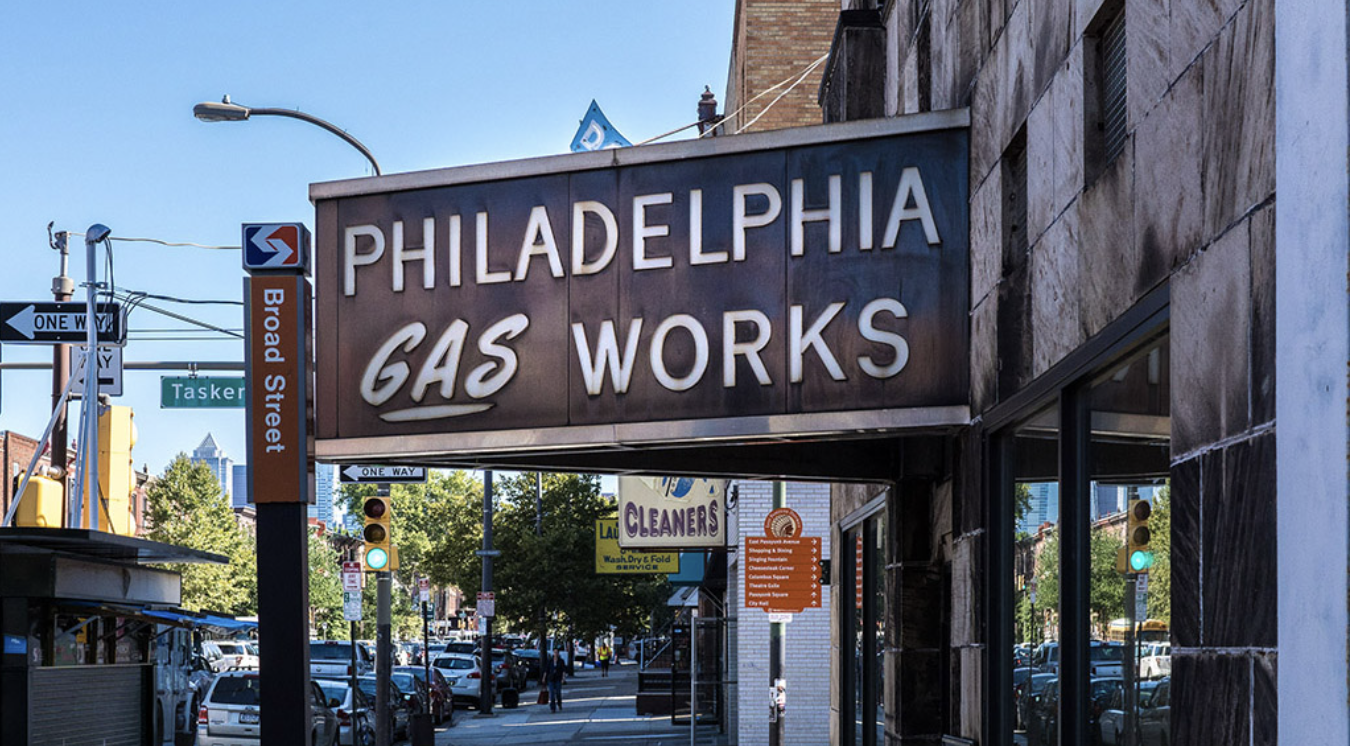A Failure of Leadership at PGW

Philadelphia, PA (May 18, 2022) Gas utilities across the country are facing an existential problem: it’s often called the “gas utility death spiral.” Electric heat pumps provide greener, cheaper, and safer heating than fossil gas. And unlike gas, heat pumps also offer cooling. Unsurprisingly, residential and commercial customers increasingly choose to electrify, which leaves fewer customers to pay the massive fixed costs of maintaining the gas distribution infrastructure. The remaining customers will see their gas prices go up. As gas prices go up, more customers will electrify. And so the spiral goes.
That death spiral is being exacerbated by another force: the need for rapid decarbonization to prevent the worst impacts of climate change. Unlike gas heat, large-scale electric heating can be decarbonized if the electricity is powered by renewable sources like solar and wind. Therefore, there is an urgent need to transition from gas to electric heat everywhere.
Philadelphia’s gas utility, Philadelphia Gas Works (“PGW”), is one of many gas utilities facing the challenge of the death spiral and the need for rapid decarbonization. But PGW is also unique. It is the largest municipally-owned gas utility in the nation, with over 500,000 customers and 1,600 employees. As a city-owned entity, PGW is democratically accountable and not subject to the same obligations as private companies. In theory, this should allow PGW’s leadership to prioritize the long-term public good over short-term profits. How does that work in reality? So far, not so good.
The Diversification Study
The City of Philadelphia has committed to achieving carbon neutrality by 2050. At the same time, the City owns PGW, which accounts for nearly a quarter of Philadelphia’s carbon emissions. Recognizing the conflict between Philadelphia’s climate goals and PGW’s business model, the City’s Office of Sustainability worked with PGW on a Business Diversification Study, which investigated pathways for PGW to transition away from distributing fossil gas.
It’s important to recognize that planning a just transition for PGW that protects workers, ratepayers, and the climate is an enormous challenge. Nevertheless, the Study, which was released in December 2021, was a major disappointment. The Study fundamentally failed to confront the scale of change that will be required by PGW. For example, it essentially took for granted that PGW will continue to spend $90 million per year replacing old gas distribution pipes from now through 2058, long after we must stop burning fossil gas for heat. The Study recommended a few near-term programs for investigating decarbonization strategies, but PGW did not even bother to request any funding for those programs in its 2023 capital budget.
The Path Forward for PGW
The gas utility death spiral and need for decarbonization mean that PGW must transition away from its current business model. But how and when that transition takes place will have enormous consequences for the climate, for ratepayers, and for PGW’s workforce. PGW’s management —who have lobbied against clean energy policies and aim to massively expand fossil fuel infrastructure—have demonstrated that they cannot be trusted to guide the utility through the transition.
New leadership is needed at PGW, and that’s why democratic control over PGW is so important. Philadelphia City Council and the Mayor have authority to change the direction of PGW; the Clean Air Council is working hard to make sure that they use it. Along with our partner organizations, the Clean Air Council has written letters to public officials, filed open records requests, and testified in front of City Council this year to push back on the Study and demand change. And we will keep working until PGW has leaders that are serious about a just transition away from fossil fuels.
For more information, contact Stephen Ballentine, Staff Attorney, sballentine@cleanair.org.

